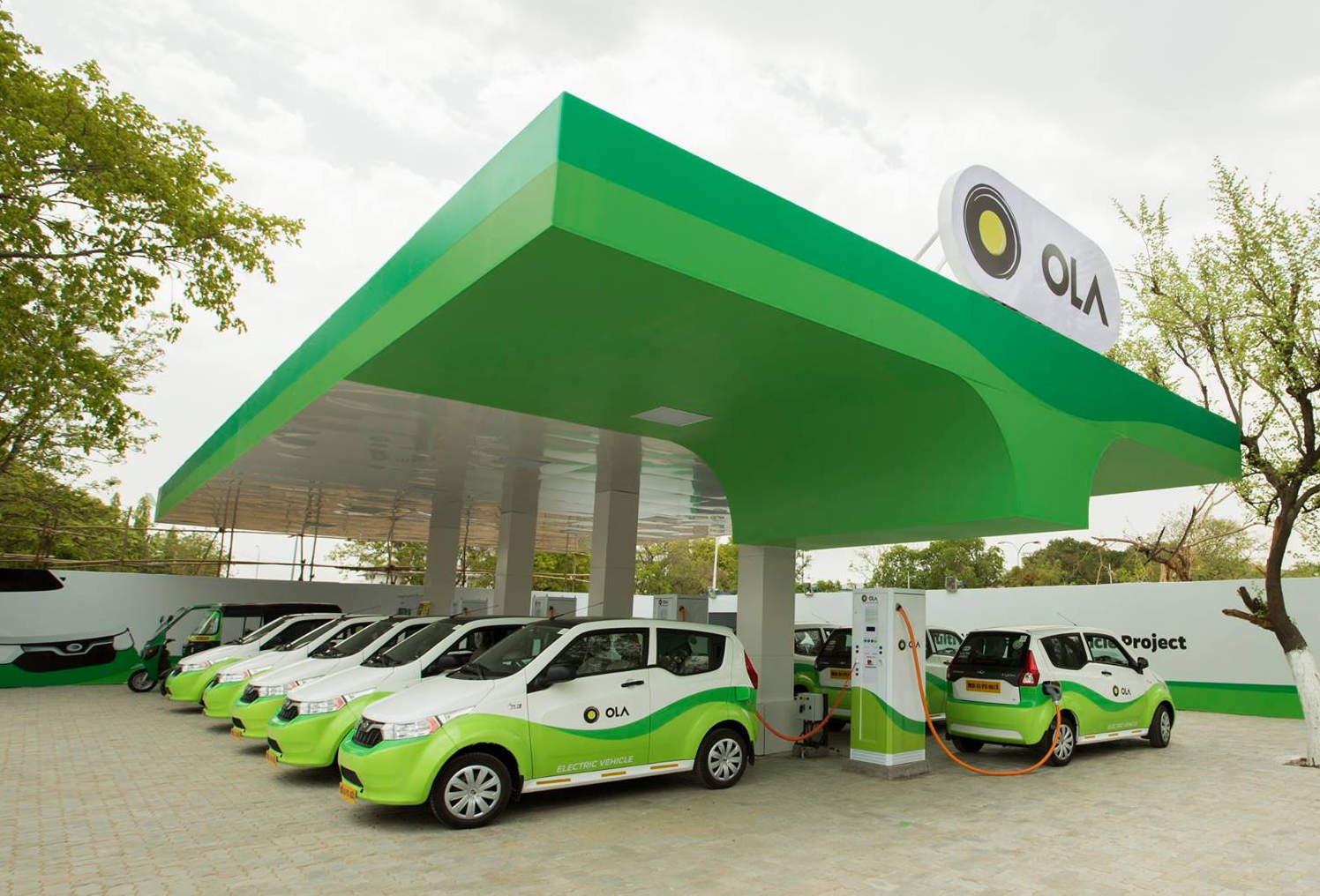
Indian ride-hailing service Ola is to branch its international operations to the UK, starting with the South Wales metropolitan region.
The service will initially launch in Cardiff, Newport, and the Vale of Glamorgan. Ola has plans to next operate in Greater Manchester and UK-wide by the end of 2018.
It is the latest alternative mobility player to challenge the dominance of Uber, currently the country’s most used ride-hailing app with 3.5m users in London alone.
A key difference between Ola and Uber is that Ola offers consumers the option to book either private hire vehicles (PHVs) or black cabs in the area. Ola’s security features include DBS-screened drivers, 24/7 voice support, options to share ride details with emergency contacts and other in-app emergency features.
Introductory commission rate for UK drivers will be 10% for PHVs and 5% for taxis. This compares with a reported 25% for Uber, whose rider fares are usually than black cabs’.
Ola’s first international foray was in Australia in January 2018. The company was founded in Mumbai in 2011, and is now valued at $3bn (£2.3bn, €2.5bn). The company operates across more than 110 cities and claims to have over a million drivers.
Bhavish Aggarwal, co-founder and chief executive officer of Ola, said: “Ola is excited to announce its plans for the UK, one of the world’s most evolved transportation markets. The UK is a fantastic place to do business and we look forward to providing a responsible, compelling service that can help the country meet its ever-demanding mobility needs.
“We look forward to our continued engagement with policymakers and regulators as we expand across the country and build a company embedded in the UK.”
Ride-hailing services have been facing roadblocks in the UK over the last 12 months. London’s TfL suspended Uber’s license in September 2017 pending appeal. The same month, newcomer Taxify from Estonia had its operations in the city halted for non-compliance.
Following a reshuffling at the top of Uber’s global operations and a UK court challenge, the American ride-hailer was granted a short-term license for London in July.
Taxify, meanwhile, was reported in February to still be pursuing the license to operate in the city.







